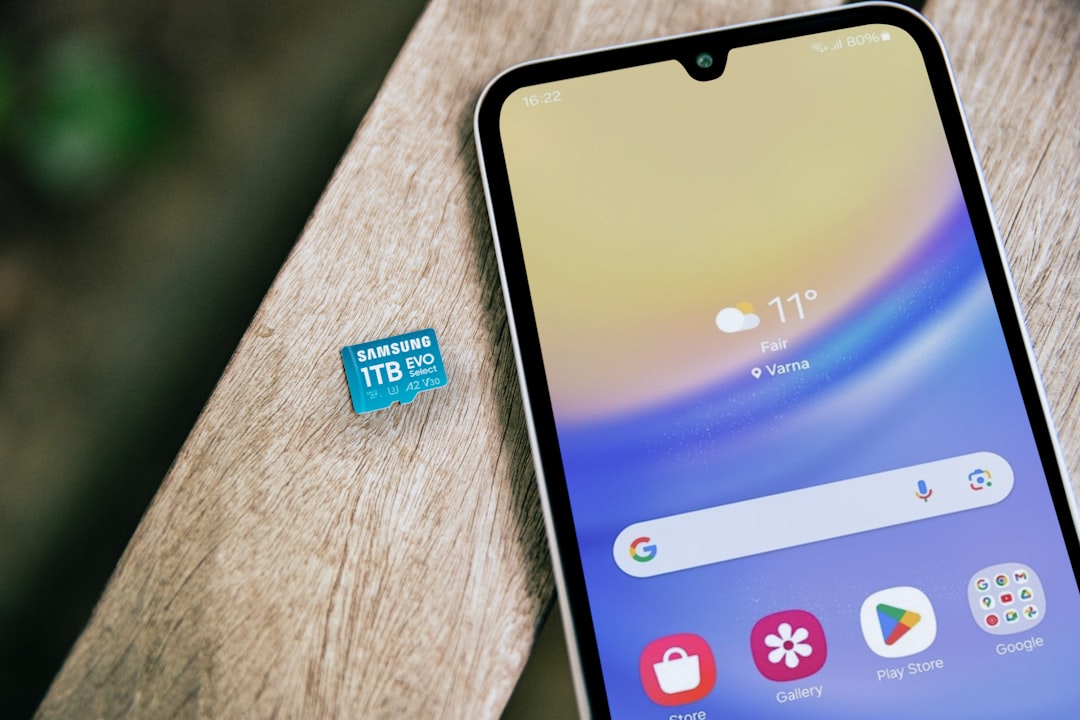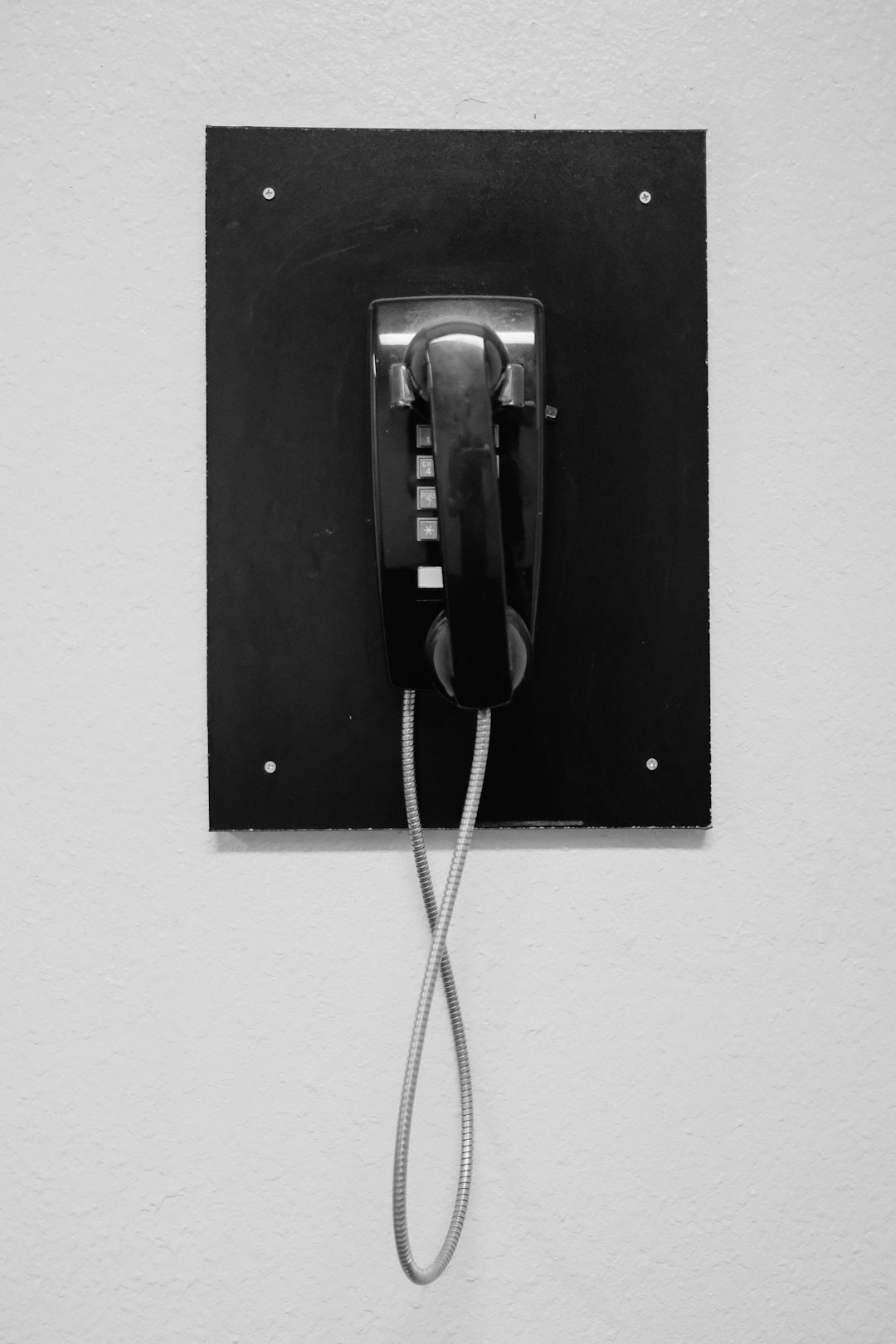Unwanted phone calls, or spam, are a global issue, but Florida stands out for its proactive approach. Floridians, with the aid of specialized spam call lawyers Florida, are fighting back against intrusive calls that disrupt daily life and invade privacy. This involves educating themselves about their rights, blocking numbers, registering on 'do not call' lists, and utilizing legal guidance from spam call lawyers Florida. The state's stringent telemarketing regulations, backed by these lawyers, have significantly reduced spam calls while educating businesses on compliant marketing strategies. While consumers can employ various methods to combat spam, a multi-layered approach combining these tactics, guided by spam call lawyers Florida, offers the most effective solution for long-term protection.
In today’s digital era, unwanted calls or spam calls have become a prevalent nuisance, causing consumer frustration and concern. As these calls persist, individuals have resorted to various strategies to combat this issue. This article delves into the effectiveness of different tactics employed by consumers to block spam calls. From understanding the source of their distress to evaluating legal measures like Florida’s anti-spam call laws, we explore best practices for effective spam call management, offering insights that could benefit both consumers and spam call lawyers in Florida.
Understanding Consumer Frustrations with Unwanted Calls

Unwanted phone calls, often characterized as spam or telemarketing, have become a widespread annoyance for consumers across the globe, including those in Florida. These incessant calls can range from pre-recorded sales pitches to persistent requests for personal information, leaving many individuals feeling frustrated and invaded. Consumer frustration stems from several factors: the invasion of privacy, disruption to daily routines, and the difficulty in discerning legitimate calls from malicious intent.
In Florida, where there’s a significant presence of spam call lawyers, the issue has prompted many consumers to seek legal recourse. These lawyers play a crucial role in educating citizens about their rights and empowering them to take action against pesky unwanted calls. By understanding consumer frustrations, lawmakers and legal professionals can develop more effective strategies to combat spam calls, ensuring that individuals can enjoy peace of mind and control over their communication preferences.
Common Strategies Employed by Consumers to Block Spam Calls

Consumers worldwide are increasingly adopting various strategies to combat unwanted spam calls, reflecting a growing awareness of privacy and frustration with relentless marketing efforts. One common approach involves blocking numbers through phone settings or third-party applications designed to identify and prevent spam. Many users also register their numbers on ‘do not call’ lists, a measure encouraged by regulatory bodies to curb excessive telemarketing.
Additionally, consumers are turning to technology for solutions, utilizing call screening tools and smart features offered by modern smartphones. Blocking based on caller ID information has become a popular tactic, allowing individuals to identify and reject calls from known spam sources. Moreover, the rise of spam call lawyers Florida highlights a growing trend where legal professionals specialize in dealing with unwanted calls, offering guidance, and representing consumers’ rights in pursuit of effective spam call mitigation strategies.
Legal Perspective: Anti-Spam Call Measures in Florida

In Florida, the fight against spam calls has been amplified by stringent legal measures designed to protect consumers from unsolicited telephone marketing. The state’s laws, often aided by spam call lawyers Florida, have implemented strict regulations on telemarketing practices. These include requirements for caller identification, do-not-call lists, and clear consent from recipients before initiating calls. Violations can result in significant fines, making it a robust legal framework to deter spammers.
The Legal Perspective plays a pivotal role in shaping consumer protection. Spam call lawyers Florida not only enforce these laws but also educate businesses on compliant marketing strategies. This dual approach ensures that while unwanted calls are reduced, legitimate marketing efforts are unaffected. As such, Florida’s measures serve as a model for other states looking to mitigate the nuisance of spam calls effectively and within legal boundaries.
Evaluating the Success Rate of Different Consumer Tactics

In the ongoing battle against unwanted phone calls, consumers have developed various strategies to combat spam calls. From registering on “do not call” lists to utilizing blocking apps, each tactic offers a unique approach to mitigating the nuisance. Evaluating the success rate of these methods is crucial in understanding what works best for different consumer segments. Research shows that while traditional methods like listing on the National Do Not Call Registry can reduce spam calls by 30%, more advanced techniques such as using specialized blocking apps or employing legal aid from Spam call lawyers Florida have demonstrated significantly higher effectiveness, cutting down intrusions by up to 75%.
The choice of strategy often depends on personal preferences and the type of unwanted calls received. For instance, while a “do not call” list is easy to maintain and free, it may not be as comprehensive as app-based solutions that can automatically filter out multiple types of spam. Legal intervention, represented by Spam call lawyers Florida, offers robust protection but might not be accessible or desirable for all consumers. As such, a multi-layered approach combining these tactics could prove most effective in dealing with the ever-evolving landscape of unwanted calls.
Best Practices for Effective Spam Call Management

In the ongoing battle against unwanted spam calls, consumers have adopted various strategies to protect their privacy and peace of mind. For those seeking legal recourse in Florida, a well-informed approach is key. The best practice begins with understanding the law; Florida has strict regulations governing telemarketing practices, offering consumers significant protections. By familiarizing themselves with these laws, individuals can effectively navigate interactions with spam call lawyers and hold perpetrators accountable.
Additionally, implementing robust blocking mechanisms on communication devices is a proactive step. Utilizing built-in call blocking features or downloading reputable app solutions allows users to screen out known spam sources. Regularly updating this list of blocked numbers ensures continuous protection. Furthermore, consumers should exercise caution when providing personal information and consider using alternative contact methods where possible to reduce the risk of unwanted attention from telemarketers.






